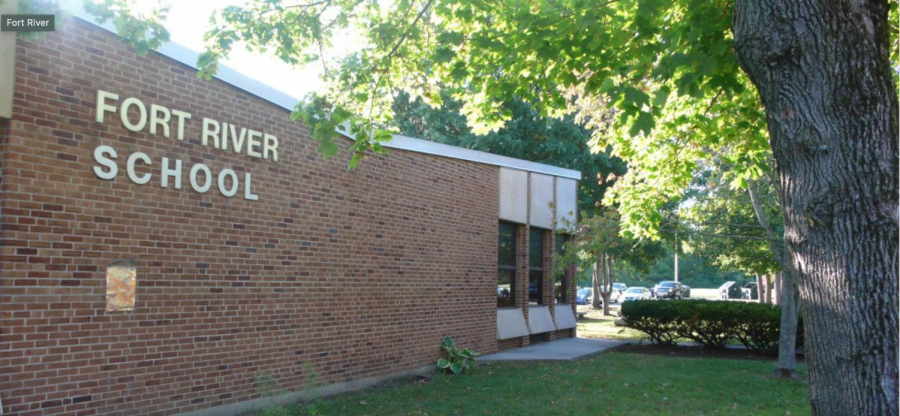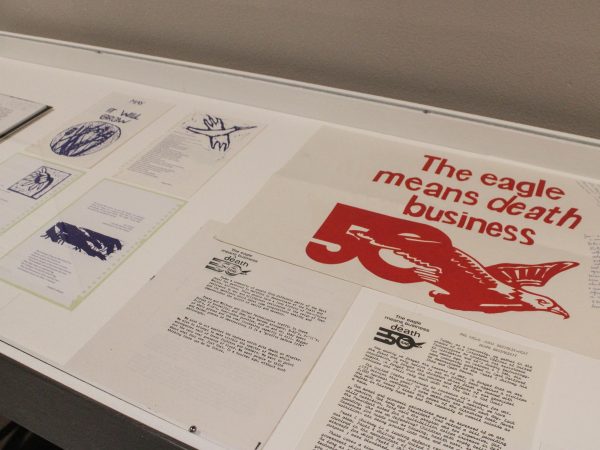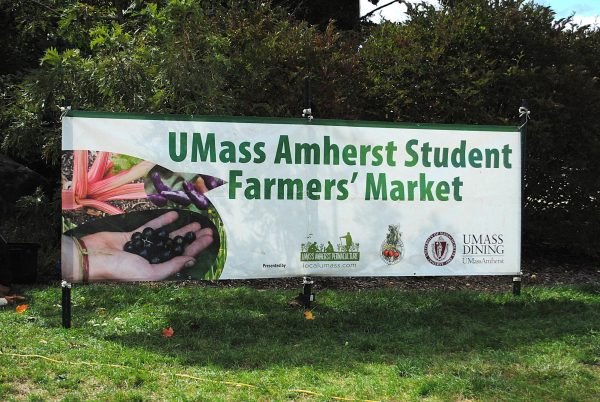Deteriorating Amherst elementary schools one step closer to needed repairs
A state program could give new life to two structurally inadequate Amherst elementary schools.
AMHERST – The Massachusetts School Building Authority (MSBA) Core Program could give hope to the town of Amherst to fix the structural concerns for two of its three elementary schools.
The Amherst Town Council voted unanimously to approve the application for the program on April 1. The application outlined the structural concerns of the aging Fort River Elementary School and Wildwood Elementary School.
Amherst will now join the program’s queue and will hope to be selected from among hundreds of other applications from other districts.
Amherst superintendent Dr. Michael Morris described feeling “relieved and thrilled” after hearing the results of the vote. He said he was especially grateful to the town council after they submitted an additional letter of support for the project, which urged the MSBA to select Amherst.
The two schools are in desperate need of repair, explained Morris. Both were designed in the 1970s and have a host of problems both structurally and in terms of creating a positive learning environment for students and staff.
Fort River is also plagued by a leaky roof that needs replacing, and both schools have safety issues, such as how the schools’ front doors provide outsiders immediate access to classrooms and students once they enter the buildings. The schools also feature what Morris called an “open classroom” design.
He explained that after the schools were built in the 1970s, the town’s population began to rise. This caused the schools to break up larger classrooms into smaller ones to accommodate all students. This was done using flimsy and temporary three-quarter walls.
These issues are not new, explained Morris. When he started teaching in Amherst, there were teachers who had worked in the schools since their opening. The concerns over the structures of the schools had plagued them for decades, with many teachers feeling that the “open classrooms” were too distracting.
Three years later, Wildwood was built in the likeness of Fort River and the community was surprised to learn that the new school would recreate the same issues as the old one. Over time, the schools continued to deteriorate.
Hope with CORE
One town that has experienced success after applying successfully to the CORE Program is Taunton. The eastern Massachusetts city will soon break ground on a project that will combine two of its older school buildings, James L. Mulcahey Elementary School and Hopewell Elementary School. John Cabral, superintendent of Taunton Public Schools, said Taunton’s school situation was “similar” to the ongoing process in Amherst, in an interview with Amherst Wire contributor Kyle Moynihan.
Hopewell Elementary is over 100 years old, explained Cabral, and has serious structural issues. Meanwhile, Mulcahey Elementary, like Fort River in Amherst, has a leaky and pitched roof that needs replacement.
Cabral described the process of securing funding through the MSBA as “very, very involved.” The MSBA reviews its applications and may decide to visit the sites themselves, he explained.
“If it makes the cut for a site visit, they send their group to assess and analyze the building to make sure that what was written in the statement of interest matches what they are seeing,” said Cabral. Even after this point, the MSBA may decide not to fund the project.
In 2017, MSBA did choose to fund Taunton’s project as part of the CORE Program. The two schools will soon be combined into one, which is an option being discussed in Amherst.
Both Cabral and Morris said they felt the CORE Program treats towns fairly.
“My experience with them is that they look truly at the need of the schools, the readiness of the school community to participate in their grant program,” rather than being swayed by wanting to support wealthier districts with higher concentrations of students, said Morris.
As Taunton waits to break ground on its new school, Cabral praised the process of securing funding because it will eventually result in an overall improved learning environment for students and staff.
In Amherst, Morris said he feels “cautiously optimistic” about being selected by the MSBA. Even while some 80 percent of CORE Program applications are denied, Morris is encouraged by the strong support that the proposal has garnered from the community.
“I feel that we’ll get a fair shake one way or the other,” he said.
Email Matthew at [email protected] or follow him on Twitter @matt12dipesa.
Kyle Moynihan can be reached at [email protected] or on Twitter @Kyle_moynihan_












